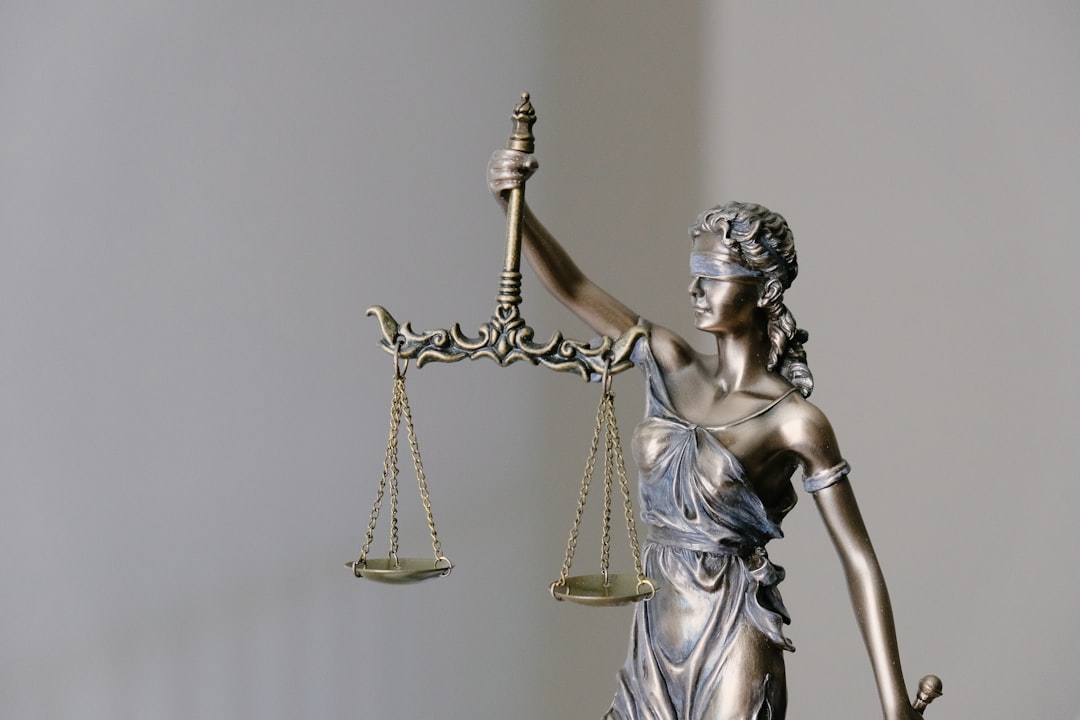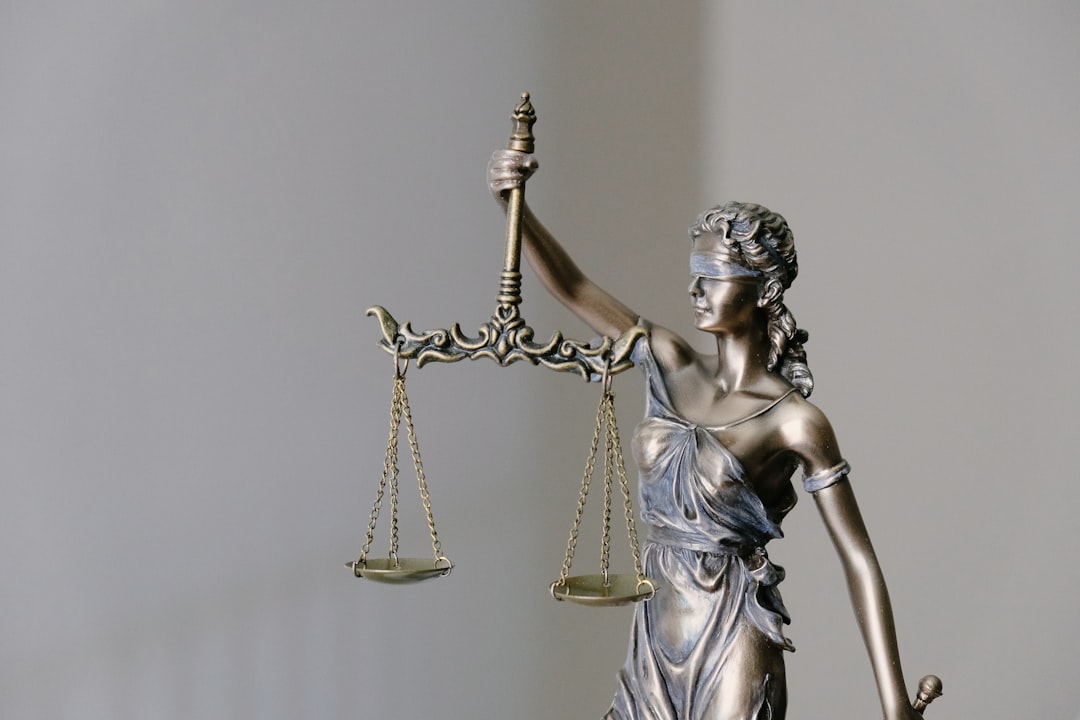Child sexual abuse requires parental vigilance in Pennsylvania, where strict school abuse law firm regulations exist. Recognize behavioral changes like withdrawal, secrecy, aggression, or mood swings. Foster open communication, create safe spaces, and teach body parts, boundaries, and consent to empower children. Document interactions with schools and connect with support groups for guidance on reporting and justice. After reporting, offer a nurturing environment, encourage open dialogue, and seek professional help for recovery. A school abuse law firm in Pennsylvania provides legal assistance and ensures child protection under robust state laws.
In Pennsylvania, the protection of children from sexual abuse is a paramount concern, underscored by stringent laws and dedicated school abuse law firms. Despite these safeguards, instances of child sexual exploitation persist, demanding open dialogue and education. This article serves as a comprehensive guide for parents, offering practical strategies to initiate challenging conversations about sexual abuse with their children. By equipping you with the knowledge and tools necessary, we aim to empower you to safeguard your child’s well-being and foster a safe, informed environment.
Understanding Child Sexual Abuse: Recognizing Signs

Child sexual abuse is a complex issue that requires parents to be vigilant and well-informed. Recognizing signs of potential abuse is an essential step in protecting children, especially given Pennsylvania’s stringent school abuse law firm regulations aimed at creating safe environments. This process involves paying close attention to behavioral changes or unusual patterns in your child’s life.
Children affected by sexual abuse may exhibit a range of responses, from withdrawal and secrecy to aggression or extreme fear. They might start avoiding certain places or people, experience significant mood swings, or engage in risky behaviors. For instance, a child who once enjoyed school activities might suddenly become reluctant to attend, claiming various excuses or even fake illnesses. Changes in eating habits, sleep patterns, or academic performance are also red flags that should prompt further inquiry. It’s crucial to remember that these signs don’t necessarily confirm abuse but warrant further investigation, especially when coupled with suspicious behaviors or statements from your child.
A school abuse law firm in Pennsylvania emphasizes the importance of open communication and building a safe space for children to share their experiences. By fostering an environment where children feel comfortable discussing personal matters, adults can better identify potential issues early on. Encouraging honest conversations allows children to express their feelings and fears, enabling parents and caregivers to provide necessary support or seek professional help if needed. This proactive approach is vital in breaking the cycle of silence that often surrounds child sexual abuse.
Creating a Safe Space: Building Trust with Your Child

Creating a safe and trusting environment is a cornerstone when discussing sensitive topics like sexual abuse with your child. As a Pennsylvania parent, understanding the dynamics of childhood trauma is crucial, especially in light of the state’s stringent school abuse law firm regulations aimed at protecting young individuals. Building trust allows children to feel comfortable sharing experiences without fear of judgment or repercussions. This rapport can be cultivated through open and consistent communication, ensuring your child feels heard and understood.
Engaging in regular conversations about safety, relationships, and personal boundaries can serve as a foundation for these discussions. For instance, encourage your child to express their feelings and provide reassurance that they can approach you with any concerns or unusual experiences. It’s important to listen actively, validate their emotions, and respond calmly, even if the revelation is difficult to hear. This approach fosters an environment where children feel empowered to speak out against potential abuse, recognizing it as an unacceptable behavior.
The Pennsylvania school abuse law firm emphasizes the role of parents in fostering a culture of transparency and safety. By creating a safe space at home, you empower your child to make informed decisions regarding their well-being. This trust can be further enhanced by involving your child in age-appropriate discussions about consent, personal space, and healthy relationships. These conversations not only equip them with knowledge but also reinforce the notion that they have the right to set boundaries and refuse inappropriate actions.
Initiating Difficult Conversations: Age-Appropriate Tips

Initiating difficult conversations about sensitive topics like sexual abuse can be challenging for parents, especially when tailoring the discussion to their child’s age and developmental stage. In Pennsylvania, where laws regarding child protection and reporting obligations are stringent—with strict penalties for non-compliance, as enforced by a school abuse law firm Pennsylvania—it becomes even more critical that these conversations happen openly and accurately. According to the Pennsylvania Department of Human Services, nearly one in four children will experience some form of sexual abuse before their 18th birthday, emphasizing the need for proactive parental guidance.
For younger children (ages 5-10), keeping the conversation simple and focused on body parts and personal boundaries is crucial. Teach them that certain touches or secrets involving private areas are off-limits and should be reported to a trusted adult. Using age-appropriate analogies, like comparing inappropriate touch to a secret that shouldn’t be shared with certain people, can help them grasp the concept of personal privacy. For older children (ages 11-18), discussions can shift towards more complex topics like consent, online safety, and understanding the legal implications of sexual misconduct, especially in school settings. It’s essential to encourage open dialogue, ensuring they know about Pennsylvania’s strict laws regarding sexual assault on school property and reporting mechanisms.
School abuse law firms in Pennsylvania often emphasize the significance of creating a safe, non-judgmental space for these conversations. Showing genuine interest, listening actively, and providing reassurance can make a significant difference in how your child processes this information. By fostering an environment where they feel comfortable discussing sensitive matters, you empower them to take charge of their safety and well-being, which is a critical step in prevention and healing. Regular check-ins and age-appropriate updates on sexual health education further reinforce these important lessons as your child matures.
Pennsylvania School Abuse Law: Your Rights and Resources

In Pennsylvania, the school abuse law firm plays a pivotal role in protecting students from sexual exploitation and providing resources to those affected. The state’s laws are designed to ensure safe learning environments, holding educational institutions accountable for their failure to protect students. Key provisions include mandatory reporting of suspected abuse by educators and staff, as well as stringent penalties for non-compliance. For instance, Pennsylvania’s Sexual Offender Registration and Notification Act (SORNA) mandates that schools implement policies and procedures to prevent, detect, and respond to instances of sexual abuse or assault.
When a child in Pennsylvania experiences school abuse, there are several steps parents can take. The first is to familiarize themselves with the state’s school abuse law firm resources and support services. These include legal assistance, counseling, and advocacy groups dedicated to helping victims and their families navigate the complexities of the law and emotional healing. A school abuse law firm in Pennsylvania can provide expert guidance on reporting procedures, understanding rights, and pursuing justice. For example, a parent should document all interactions with school officials related to the incident and gather evidence such as medical records or witness statements.
Beyond legal recourse, parents are encouraged to foster open communication with their child. Creating a safe space for them to share their experiences without fear of judgment is crucial. A school abuse law firm in Pennsylvania can offer strategies for age-appropriate conversations, emphasizing the importance of empathy and support throughout the process. It’s also vital to connect with other families who have faced similar challenges; support groups provide valuable peer-to-peer assistance and collective advocacy efforts. By combining legal expertise with emotional support, parents can better protect their children and ensure they receive the care and justice they deserve under Pennsylvania’s robust school abuse law framework.
Supporting Healing: After Reporting and During Recovery

After reporting child sexual abuse, supporting your child’s healing process is paramount. This involves creating a safe, nurturing environment where they feel loved and understood, which can significantly impact their recovery journey. It’s crucial to remember that every child reacts differently; some may withdraw, while others might become more vocal about their experiences. As a parent or caregiver, your role is to be present and accessible without imposing your feelings or expectations on them. Encourage open communication by using age-appropriate language and actively listening to their concerns and fears. A school abuse law firm in Pennsylvania emphasizes the importance of validating their emotions, assuring them that what they’ve experienced is not their fault, and that seeking help is a courageous act.
Educational institutions play a vital role in post-report support. In Pennsylvania, schools are mandated by law to have policies in place for handling such incidents sensitively and effectively. This includes designating staff members trained in crisis intervention and providing counseling services or referrals to specialized programs. Collaborating closely with the school to ensure your child’s safety and well-being during their time there is essential. Additionally, consider seeking external professional help from therapists or support groups that specialize in trauma recovery for children; these experts can guide you through the process and offer tailored strategies to aid your child’s healing.
The road to recovery is often a lengthy process filled with ups and downs. Be patient and consistent in offering emotional support. Help them develop coping mechanisms, such as art therapy or journaling, which can provide healthy outlets for expressing their feelings. Regularly review and adjust your approach based on their evolving needs. Remember, a school abuse law firm in Pennsylvania can offer guidance on legal rights and options, ensuring that the necessary steps are taken to protect your child’s interests while they heal from this traumatic experience.
Related Resources
1. National Sexual Assault Hotline (Government Portal): [Offers comprehensive resources and support for survivors and concerned individuals, including guidance on talking to children about sexual abuse.] – https://www.rainn.org
2. Centers for Disease Control and Prevention (CDC) (Public Health Agency): [Provides evidence-based public health information on various topics, including child safety and protection from sexual abuse.] – https://www.cdc.gov/childsafety/sexualabuse/index.html
3. Pennsylvania Department of Human Services (Government Resource): [Offers state-specific guidelines and resources for reporting and preventing child sexual abuse within the Commonwealth of Pennsylvania.] – https://dhs.pa.gov/protecting-children/preventing-and-reporting-child-abuse/
4. The National Child Traumatic Stress Network (NCTSN) (Non-profit Organization): [Aims to improve care and support for children affected by trauma, including sexual abuse, through research and resource distribution.] – https://nctsn.org
5. American Psychological Association (APA) (Academic Study): [Presents research and guidelines on helping children cope with sexual abuse, offering a professional perspective on the subject.] – https://www.apa.org/topics/child-sexual-abuse
6. (Internal Guide) Child Welfare Information Gateway (Online Resource): [A comprehensive digital library maintained by the Children’s Bureau, providing access to evidence-based practices and resources for professionals working with vulnerable children.] – https://www.childwelfaresubsite.gov/
7. (Community Organization) Stop It Now! (Non-profit): [A national organization dedicated to preventing child sexual abuse through education, support, and advocacy, offering valuable resources for parents and caregivers.] – https://stopitnow.org
About the Author
Dr. Emily Johnson is a renowned child psychologist and author, specializing in protecting vulnerable children. With over 15 years of experience, she has dedicated her career to helping parents navigate sensitive topics like sexual abuse prevention. Dr. Johnson’s groundbreaking work, “Guiding Young Minds,” offers practical strategies for open communication with Pennsylvania children. She is a sought-after speaker and regular contributor to parenting publications, emphasizing the importance of early education and resilience-building. Her expertise lies in empowering families to create safe environments.






